What is your carbon footprint?
And why does it matter?
This photo provided courtesy of Unplashed and photographer Evie Shaffer.
We hear about carbon footprints in the news extensively; everyone has one, and nobody wants it. Corporations and manufacturers are trying to reduce theirs with green policies and carbon taxes. Technology is racing to find ways to eliminate it. And governments are putting green laws in place, such as mandatory recycling and composting, to curb it. Airlines and tour companies want you to offset it. But what is a carbon footprint and why do we want to reduce it?
Simply put, your carbon footprint measures your activities’ impact on the amount of carbon dioxide (CO2) in the atmosphere. Carbon dioxide is a gas that occurs naturally in our atmosphere, along with oxygen, nitrogen, argon, water vapor, and trace amounts of a few others. CO2 makes up just .041% of total gases, but it is vital for the planet’s survival. It traps the heat rising from the earth’s surface, preventing it from escaping into space and allowing the earth to stay warm enough to sustain life. Without this warming thermal blanket, our home would be covered in ice. But with so little of it in the air, why is this necessary element at what scientists say are dangerous levels?
The precise levels of CO2 and other gases in our atmosphere are significant to maintaining livable temperatures. The blanketing effect of our atmosphere kicks into overdrive when amounts of carbon dioxide increase. The top of the blanket still keeps heat in, but it gets increasingly warmer under the blanket because not as much heat can rise to the top and escape into space. This trapped heat continues to warm the planet and, in time, can raise surface temperatures beyond sustainable levels. To make matters worse, carbon dioxide is exceptionally long-lived, lasting between 300 to 1000 years in the atmosphere. The amount of CO2 we’ve already added to the atmosphere will continue to heat the planet to unhealthy levels until enough atmospheric carbon dioxide dissipates, bringing the levels back down.
The long life of CO2 is just one part of the problem. Scientists have recorded atmospheric data for the last 800,000 years, and CO2 levels have never been higher. Gases in our air are measured by parts per million (PPM). This number tells how many parts of carbon dioxide there are in one million parts of air. In the 1700s, the atmosphere held an average of 280 ppm. Today CO2 levels are the highest recorded history, 419 ppm, and still rising. The carbon dioxide we put into the atmosphere can last up to 1000 years, continually over-heating earth in a nightmare feedback loop. And while it is true that agriculture, big business, and manufacturing contribute most to the problem, who is eating the beef they supply, taking a long-haul flight, or consuming goods at a never-before-seen pace? Yes, it’s you. It’s all of us and the lifestyle we live.
Of national polluters, China adds more CO2 to our air than any other nation, but the United States is in second place, with only one-third of the Chinese population. Every solitary U.S. citizen consumes as much as 4 ½ Chinese citizens. Our over-consumption has become a way of life, and we can all contribute by lowering our personal carbon use. You might be surprised to find out how much your lifestyle contributes to our global problem. An excellent first step is determining your carbon footprint to find out your contribution. Calculate your footprint here. This will help you identify areas where you can improve.
Upcoming articles will explore what changes we can make in our everyday lives to reduce our contribution to the climate crisis. The agriculture industry is one of the most significant contributors to air, ground, and water pollution and we will examine ways we can reduce its harmful effects. Changing what we eat, how we grow and dispose of food can have the most significant impact of all. We’ll also examine how much our individual energy use adds to the problem and ways we can reduce it.
President Barack Obama set climate change as a priority in his White House, and at the World Hydropower Congress 2021, he entreated individuals to act now. “We are the first generation to feel the effect of climate change and the last generation who can do something about it.”


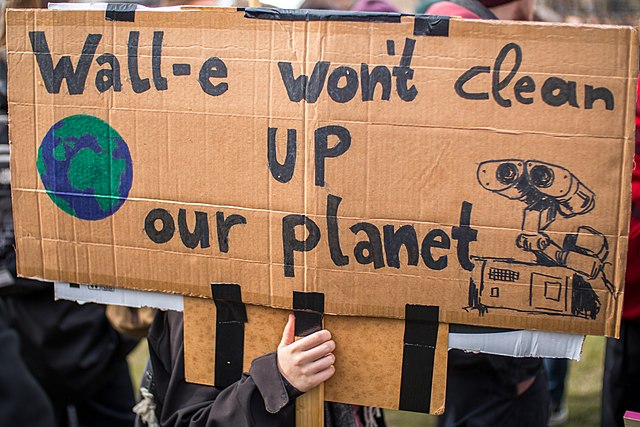

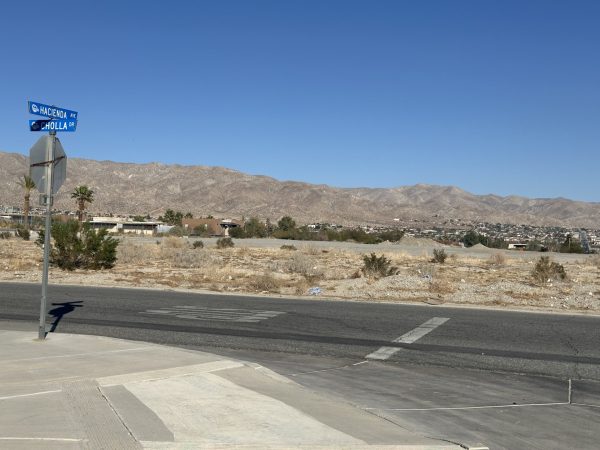
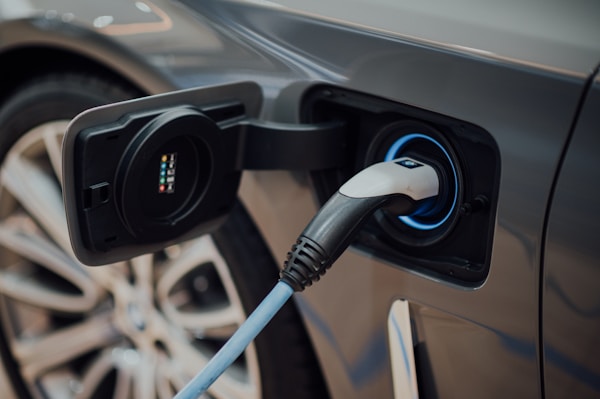
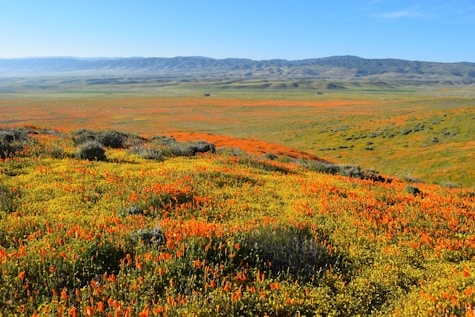
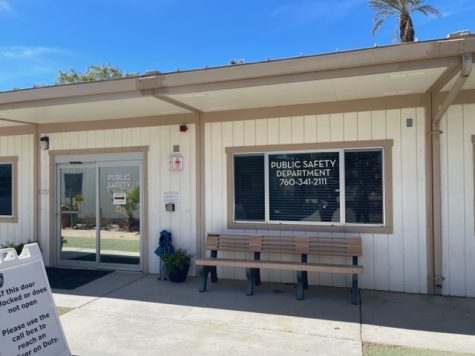

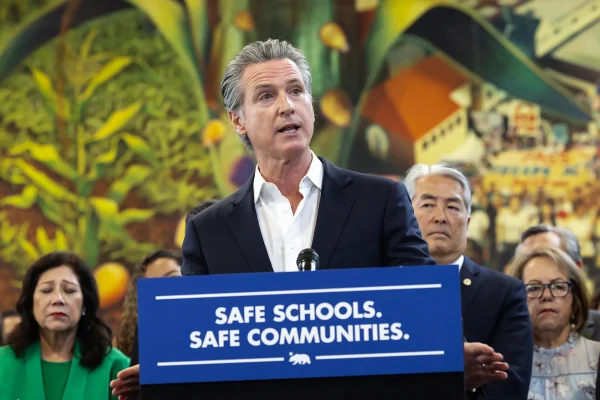



Kathy • Feb 17, 2022 at 9:27 am
This is a great article and so well written!